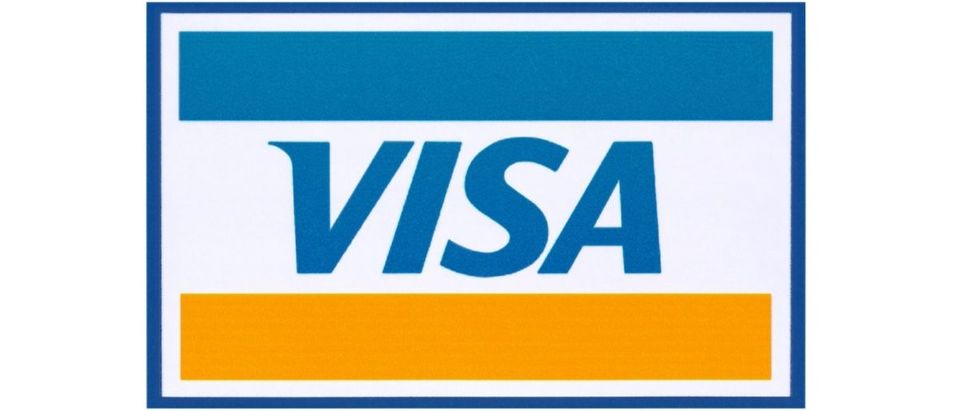The news about VISA using the new tax law to increase its 401(k) match for employees is terrific. Retirement matching is better than a bonus, as it encourages employees to save more for retirement. Bonuses aren’t bad; they just end up in purchases, not savings accounts. Pay raises are better too, considering we’ve been in a long period of flat wages. A pay raise can create more discretionary income, and some of it can go to a 401(k) plan.
Years ago, I worked for a computer company that had a generous match for its 401(k) plan. One programmer told me she didn’t bother contributing because when she turned 65 she could live in a cold-water flat and eat cat food. She wasn’t joking. What she wanted to do was to buy new cars and take resort vacations. And being a computer programmer, it’s safe to assume she wasn’t stupid or ill-informed. She simply wasn’t into deferred gratification.
My guess is she was the exception, not the rule as to how workers treat their retirement savings. But she’s a great example for the Puritanical scolds who argue for changes to old-age entitlements.
Nevertheless, does America have a retirement savings problem? Yes.
Vanguard Funds’ annual report on how Americans save for retirement is an eye-opener. It states the median retirement account balance for people at age 65 is a mere $60,724 (see page 45 of the report). (The median balance is a better indicator than the average balance, which gets overweighted by contributions from high-earners and older empty-nesters who are no longer saving for their children’s education).
The Puritanical scolds would point to people (like my programmer friend) of being adverse to deferred gratification. But how would retailers react if, for example, the federal government ran public service ads chiding a man for buying sporting equipment he’ll never use, or a woman who spends $300 on a pair of shoes — when they should be saving for retirement instead?
Retailers (including car dealers) love consumer spending. Suppliers to retailers love it too. And the markets love high indicators of consumer confidence. Saving for retirement just doesn’t have that zing.
Further, the retirement picture is more complex than a lack of deferred gratification.
Just when the baby boomers should have been in their high earning years and stuffing money in their 401(k)’s, along came the Great Recession of the last decade, followed by anemic growth until last year. Laid-off workers or workers on disability aren’t saving for retirement.
Plus some older women left the workforce to care for an aging parent or her grandchildren, or both. They’re not saving for retirement either.
The boomers and younger cohorts who were left standing with jobs during the recession found their wages were flat over this decade. Meanwhile prices increased, most notably for college educations and healthcare. The result: less discretionary income to put into retirement savings.
There’s no magic answer, but incremental steps have been taken to improve the retirement savings situation. One such is the law that gives employers the option to require all employees to participate in a 401(k) plan, instead of employees choosing to participate.
The second step: a mandate that employers cannot require new employees to wait for a year before participating. If one considers how this applies to thousands of employees, its impact becomes clear. The earlier employees start to save for retirement, the better.
For example, Larraine takes a job in January with Company X, which has a 90 day waiting period before participating in X’s 401(k) program. On April 1, Larraine begins contributing to her 401(k). In December, she’s pleased to see how interest income and capital gains, plus her employer’s match, have boosted her retirement savings. However, if Larraine had to wait twelve months before participating, she would have missed the April-December interest income and capital gains.
Yet another step would be for other firms to follow VISA’s lead and increase their matching funds for 401(k) contributions. There’s a certain psychological ‘pop’ when an employee sees their 401(k) plan cross over into five- and then six-figure territory. Increased matching funds can make this a reality for more workers.
Finally, I may be overly optimistic, but I don’t see a huge ‘crisis’ looming for seniors. Those at the median savings point of $60,724 represent a population in the thousands, if not millions. Will firms and entrepreneurs simply shun them, or will they see opportunities to provide them with affordable goods and services? Will our expanding economy (and somewhat tight labor market) encourage firms to remake jobs so seniors can do them?
The answer is there for all to see in Florida — which has a huge senior population. And no income tax either. But that’s another story.
Joanne Butler is a graduate of the Kennedy School at Harvard, was a professional staff member (Republican) at the House Ways and Means Committee, and served in President George W. Bush’s administration. The Ghanaian poet, Kwesi Brew, has described her as ‘vibrant.’
The views and opinions expressed in this commentary are those of the author and do not reflect the official position of The Daily Caller.


